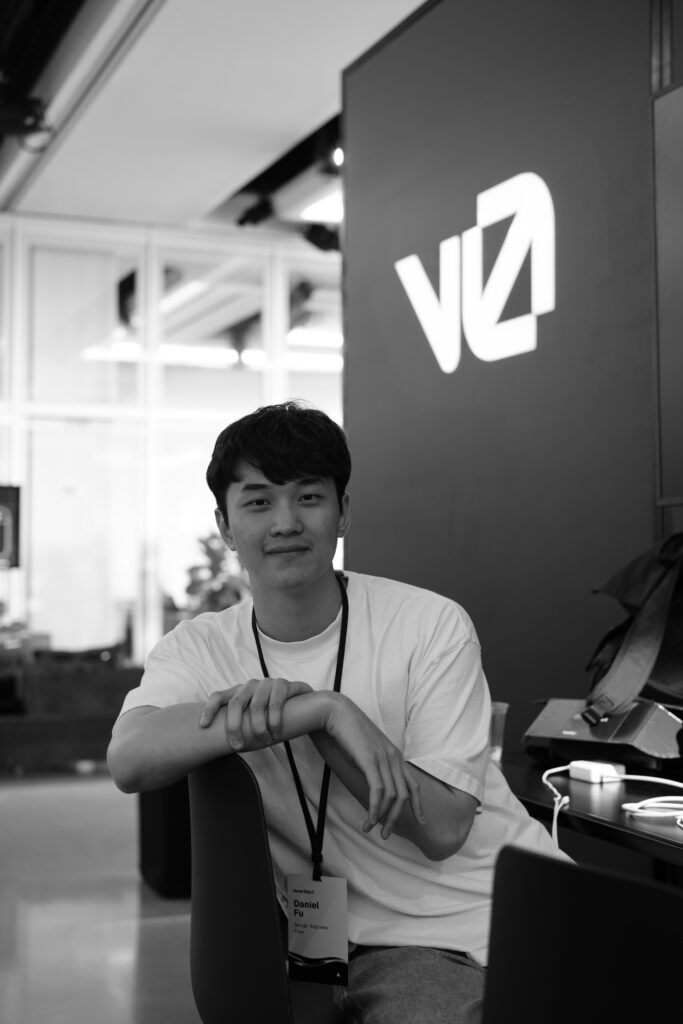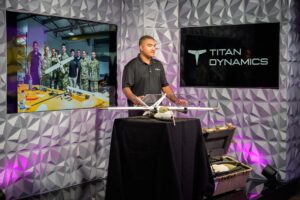Engineers dealing extensively with AI today find themselves in the tricky position of needing to create systems that can integrate complex technology without translating that complexity into the user experience itself, especially as this technology becomes more deeply embedded in everyday operations.
Min Chun Fu is one engineer working to put this shift into action, bringing a design-driven mindset shaped by a self-taught path that made him see the importance of quality interfaces. His early experiments taught him how precision, clean designs, and careful decisions influence trust in software. Now, as co-founding engineer at Comp AI, he applies that foundation to the systems that take care of compliance checks to make the underlying technology as transparent as it is capable.
A Design-Driven Mindset From Early On
Fu’s route into engineering began far from a traditional computer science program. While studying business at Penn State, he started building sneaker bots for fun and taught himself to code by reverse-engineering apps like Shopify and WordPress. That curiosity showed him how interfaces are key to establishing how a user interacts with a product, even when the underlying system is simple.
The work also introduced him to the discipline needed to create a functioning desktop application from scratch. He spent nights refining the smallest elements of his projects and sharing them online, where his emphasis on clean, polished UI caught the attention of engineers and founders.
Those early experiments sparked the idea that independent projects could lead to real opportunities. Building tools for himself evolved into building tools others wanted to use, and eventually into conversations with companies impressed by his approach.

Developing His First Startup
Building on his previous independent work, Fu’s first full-time engineering role came when he was contacted to work at Firetiger, a young company that aimed to develop systems that could automatically diagnose software issues. He joined as a design engineer, where he was in charge of developing an interface that could showcase many technically complex systems while still being accessible to a regular user.
The team’s product, a root-cause analysis tool that sought to interpret login or feature problems and point them to the right fixes, introduced him to the pace and uncertainty of early-stage work. The environment demanded fast iterations with quick turnaround times and a willingness to mold and change ideas that were still shifting.
The experience taught him that design is a negotiation: every interface is the result of multiple points of view (from engineers and designers to marketing teams and investors), and communicating the logic behind a design choice matters as much as the choice itself.
After six months, he knew he wanted broader creative ownership and the chance to work on systems from the ground up. “After spending time watching people posting great, carefully crafted work,” he recalls, “I began thinking, ‘I want to be like them one day’.” Leaving the company meant returning briefly to working on more personal, smaller-scale projects, but it also gave him experience for his next and most recent role.
Reaching Out to Comp AI and Building From Zero
Fu first came across Comp AI when the company announced it was relocating from San Francisco to New York, a move that immediately caught his attention in a field still largely centered on the West Coast.
The company was setting out to build a system that could take care of the long, manual steps of compliance work, a direction that fit his interest in clear, dependable software. He reached out after seeing the announcement on his feed, which opened a conversation with the CEO, and those early discussions eventually ended with him joining as one of the company’s two founding engineers.
He now moves fluidly across the stack at the company, blending his design background with the needs of a platform that has to be technically spotless and visually coherent. His role spans front-end and back-end decisions, giving him control over both how the system functions and how it is experienced. That includes working directly with both the CEO and the internal growth team to make sure the overall product direction and the engineering decisions and integrations are all following the same direction.
A clear example came when the team struggled to build a document-verification feature, a tool that would let external users see if the compliance material presented on the platform matched what they needed to review. After weeks of stalled progress, Fu created a working draft in a single day that successfully solved the problem. Once launched, the response inside the team affirmed the value of pairing speed with careful design judgment.
That instinct also informs his work in the company’s zero-to-one initiatives, which encourage experimenting constantly with new ideas to define new patterns and product features from scratch. That’s partly why he gravitated toward Comp AI in the first place, and it’s something that continues to excite him as he continues expanding the product.

Building With Real Users In Mind
Describing himself as “an engineer with taste,” Fu considers constantly refining the end product as a non-negotiable for systems of all kinds, but especially those dealing with technologies that people still have a hard time trusting, like AI. “The important thing is crafting everything with care,” he explains. “No ugly buttons, no bad videos — everything should be very detailed, very design-centric.”
That philosophy also shapes his leadership approach. He sees collaboration as a family-style dynamic, where opinions flow freely and direct communication eliminates unnecessary friction. The culture he’s building values open collaborations to solving technical problems and encourages anyone, no matter their position in the company, to openly question and debate product or technical decisions.
Looking ahead, Min Chun Fu hopes to help broaden Comp AI’s capabilities across more frameworks while keeping transparency as a driving value. His work aims to show the work engineers can do to make AI feel less like a sealed mechanism and more like a clear process that takes into consideration how regular people work — an essential step to build systems people can trust.








